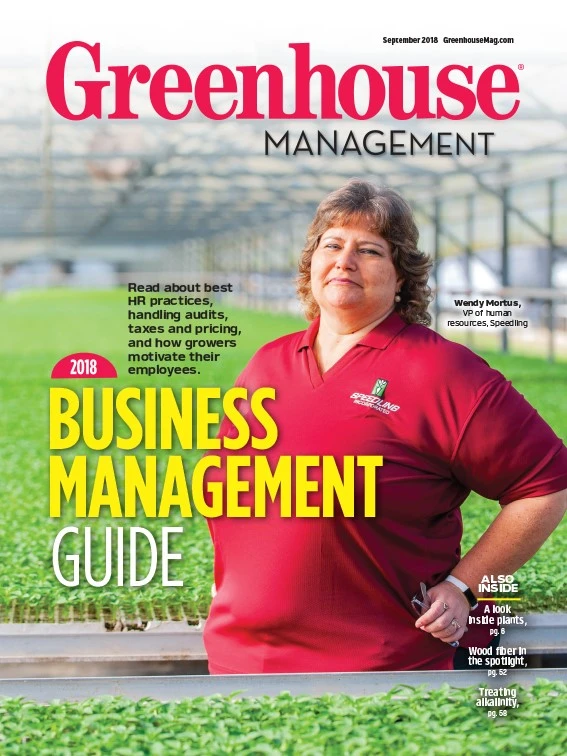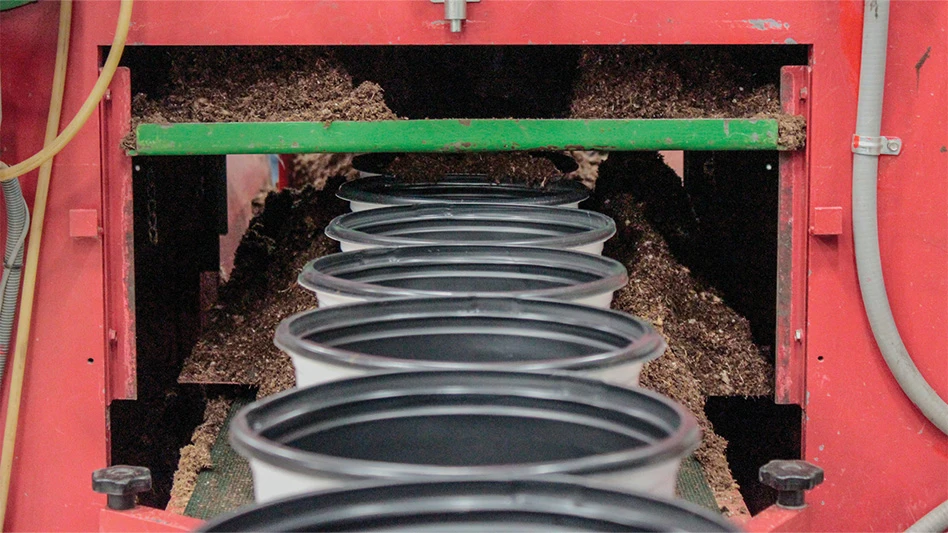
What’s your stance on breaks? Do you believe they are crucial and helpful, that they improve employee morale, job satisfaction, creativity and productivity? That individuals, particularly those laboring in the heat, need recovery time? Or, do you see breaks as a necessary evil?
Think back to your previous jobs. How were breaks and meals managed? Did the rules apply consistently across the board, or did each team leader determine how breaks would be handled? Have you worked where it felt like the “Time Police” monitored your every move? Did you appreciate everyone being treated equally or was being closely watched demotivating?
What about the flip side? Have you ever worked in an organization where people could do whatever they wanted, whenever they wanted, however they wanted? What was your reaction? Did such a policy improve your morale and productivity? Did employees ever take advantage of the trust afforded them?
Beyond the laws of your state, there aren’t hard and fast rules about breaks or meals. Research by Drs. Emily Hunter and Cindy Wu of Baylor University’s Hankamer School of Business indicates that the right type of break increases job satisfaction and commitment to the organization, while decreasing burnout. Specifically, mid-morning breaks boost energy, concentration and motivation better than waiting until lunch or mid-afternoon. Additionally, allowing employees to do something they like and choose while on break, including non-assigned work tasks, provides greater rest, promotes better recovery and empowers employees to return to work stronger.
While it may be easiest to have hard and fast rules concerning breaks, you run the risk of conveying distrust and creating unintended consequences rather than conveying fairness. When it comes to policy, the questions you must ask are: “What message is being sent?” and, “How is it working?”
Years ago, a group of us visited the Cross in the Woods, a Catholic shrine in Northern Michigan. The stairway leading up was roped off in the middle with multiple “Keep Off” signs. All of us but one dutifully stayed on the permitted side. Our friend, however, tapped her toe on the other side. When asked why, she replied, “The best way to get me to do something is to tell me I’m not allowed.”
I can’t help thinking that rigidly monitored breaks provoke the same response. While you can dictate when and how long breaks will be taken, you might not hear the complaints or see what happens when your back is turned.
Having no rules, on the other hand, generally creates chaos. While your employees might enjoy the freedom and appreciate the implied trust, some will take advantage of the opportunity to slack off.
I believe the best policy is to encourage your employees to take mini breaks as needed, and to ensure they are actually taking their breaks. Your team will appreciate the freedom and respect of being treated like adults, and you’ll avoid burning out your high performers.
As you lead, routinely ask yourself:
- Does everyone have enough work to do, or do I need to make adjustments?
- Am I holding employees accountable for their results?
- Am I over-relying on or over-burdening my best performers?
- Am I adequately rewarding results and behaviors that lead to success?
When you treat employees respectfully and protect your team from burnout and overexertion — especially in extreme heat — you win their respect, admiration and loyalty. Who wouldn’t go above and beyond for a company and fantastic leader who cares for them and rewards great work?

Explore the September 2018 Issue
Check out more from this issue and find your next story to read.
Latest from Greenhouse Management
- The HC Companies, Classic Home & Garden merge as Growscape
- Eason Horticultural Resources will now officially be known as EHR
- BioWorks receives EPA approval for new biological insecticide for thrips, aphids, whiteflies
- ScottsMiracle-Gro transfers cannabis subsidiary to focus on core lawn and garden business
- Ellen Mackenbach-Lakeman appointed new CEO of Dümmen Orange
- Southern Garden Tour sets 2025 dates for trial garden open houses
- Belgian thermal screen manufacturer Phormium launches Noctis Thermo
- New book explores plants that thrive in Rocky Mountains







